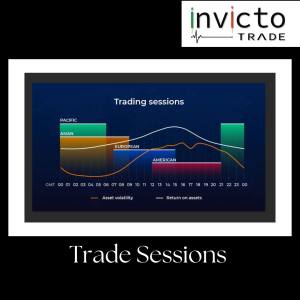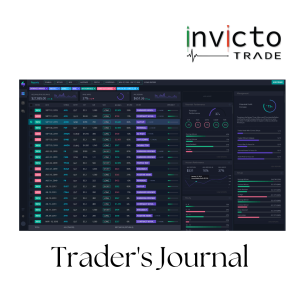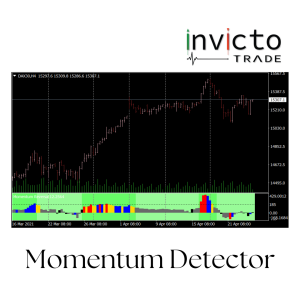Trade Planner
500,00 د.إ
A Trade Planner is a comprehensive tool used by traders to develop, organize, and track their trading strategies and activities. It integrates various aspects of trading into a single platform, helping traders maintain discipline, manage risk, and optimize their trading performance based on predefined rules and analysis.
Description
A Trade Planner is a comprehensive tool used by traders to develop, organize, and track their trading strategies and activities. It integrates various aspects of trading into a single platform, helping traders maintain discipline, manage risk, and optimize their trading performance based on predefined rules and analysis.
Features of a Trade Planner:
- Strategy Formulation:
- Allows traders to set specific criteria for entering and exiting trades based on technical indicators, fundamental analysis, market conditions, and personal trading rules.
- Can incorporate backtesting features to test strategies against historical data before applying them in real markets.
- Risk Management Tools:
- Provides functionality to calculate and set risk levels for individual trades and overall portfolio exposure.
- Helps in setting stop-loss and take-profit orders based on the trader’s risk appetite and strategy goals.
- Trade Execution and Monitoring:
- May interface with trading platforms to execute trades automatically based on predefined criteria.
- Tracks open positions and can send alerts based on market changes or events that affect the trader’s positions.
- Record Keeping and Analysis:
- Automatically logs all trades and relevant details such as entry and exit points, trade size, win/loss ratios, and more.
- Analytical tools within the planner help assess the effectiveness of strategies and make necessary adjustments.
- Market Updates and Insights:
- Some trade planners can integrate market news, economic calendars, and other relevant updates to keep the trader informed and ready to react to market shifts.
Uses:
- Improving Consistency: By adhering to a planned strategy, traders can avoid impulsive decisions and maintain consistency in their trading approach.
- Enhancing Discipline: Having a structured plan helps in sticking to trading rules set by the trader, thereby fostering discipline in trading activities.
- Performance Tracking: Enables continuous monitoring and evaluation of trading performance, facilitating ongoing improvements and refinements to strategies.
Considerations:
- Complexity vs. Usability: Depending on the feature set, trade planners can be complex. Choosing a planner that matches one’s trading style and skill level is crucial.
- Integration with Trading Platforms: Seamless integration with existing trading platforms is important for the effective use of automated trade execution and monitoring features.
- Reliance on Technology: While trade planners can automate and simplify many aspects of trading, they also increase the trader’s reliance on technology, which can be a double-edged sword, especially if technical issues arise.
Strategies:
- Goal-Oriented Trading: Set clear, measurable goals within the trade planner for each trading period (daily, weekly, monthly) and evaluate performance against these goals regularly.
- Scenario Planning: Use the planner to simulate different market conditions and scenarios to better prepare for unexpected market movements.
Trade Planners are vital tools for serious traders, offering a structured approach to managing trading activities, enhancing decision-making, and striving for consistent trading success.





Reviews
There are no reviews yet.